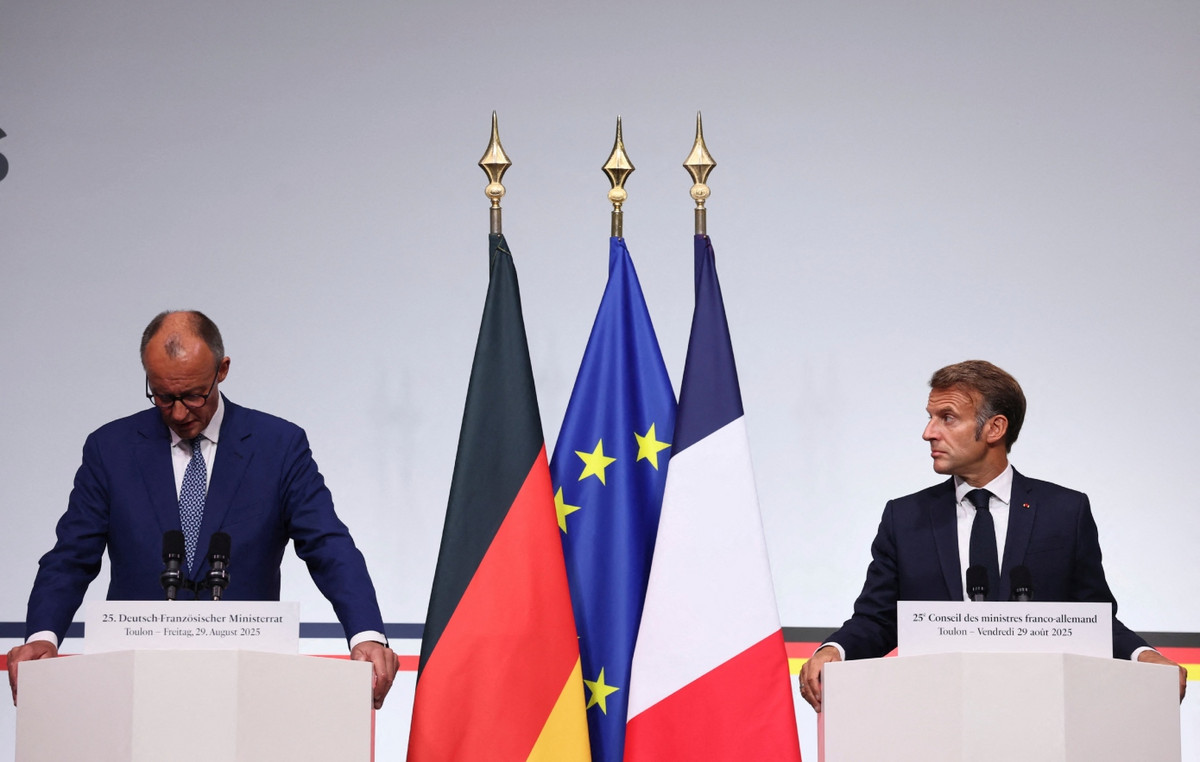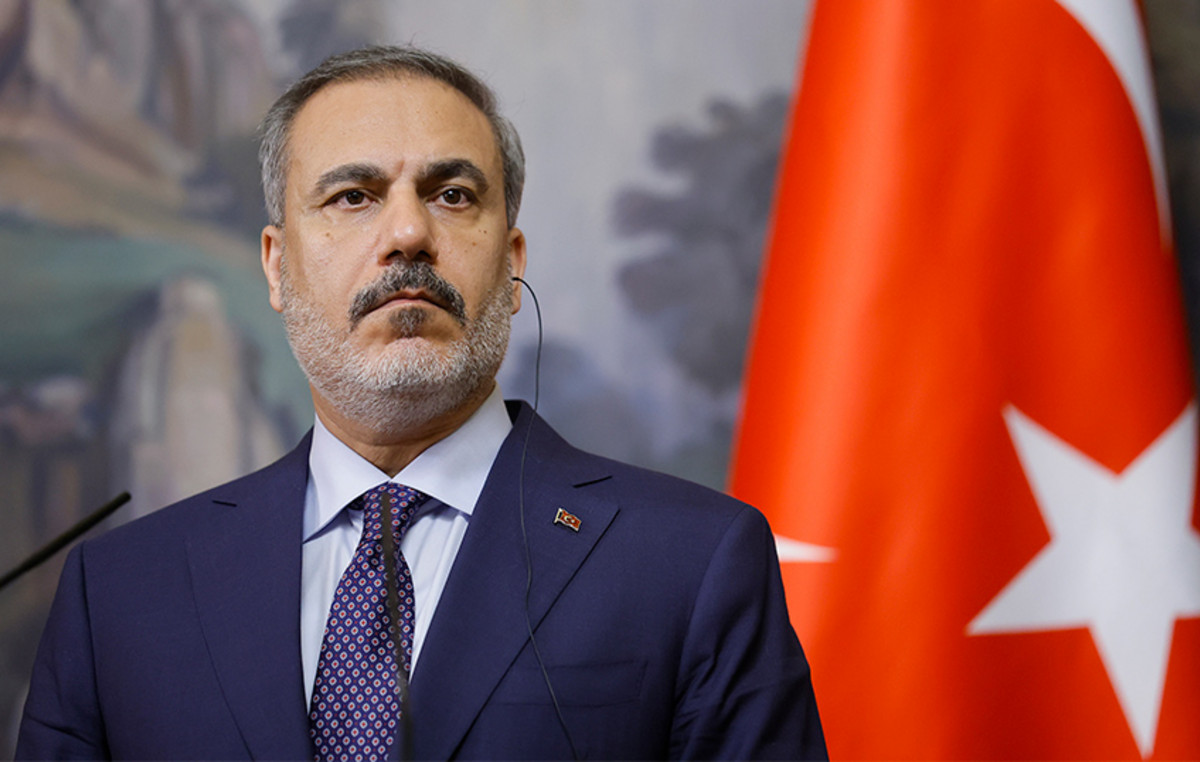Despite rising inflation, Germans insist on conservative forms of savings. Almost one in two still maintains a deposit book.
Once again, the Germans are reaffirming their reputation as savers: They are not only extremely disciplined, but also very conservative when it comes to putting money aside. According to a recent survey by the Association of German Banks (BdB), 45% of respondents say they still keep the old, good deposit book at their bank or savings bank they trust. 38% have placed some money in a time deposit. The previous survey on the behavior of savers, conducted in 2021, showed similar values.
And all this is happening despite the fact that with the current policy of low or zero interest rates followed by banks in the euro area, these placements offer insignificant returns. In fact, more and more credit institutions charge deposits of an amount of more or more (usually from 100,000 euros, but often smaller amounts), in order to compensate for the negative interest rates that they themselves suffer. In addition, ever-increasing inflation is gnawing at savings. It is estimated that for an amount of 1,000 euros that remains untouched for 20 years, with annual inflation of 2% on average, its real value decreases to 673 euros. The development is much worse when inflation jumps to 6%, as is the case today.
One in three buys shares
However, it seems that more and more people want to try their luck at the Stock Exchange, which promises – although it does not guarantee – better returns, but with greater risk. Already today 33% of respondents have bought some shares. In the corresponding survey of 2021 the percentage did not exceed 31%. A particularly interesting fact is that around six million Germans are expressing their preference for “sustainable investment” based on ethical, social or environmental criteria, a number more than double by 2019. This trend will obviously intensify in the coming years.
How do we distinguish “sustainable investments”?
“Lack of training or proper information are the main deterrents for those who are not yet involved in sustainable investment,” said Christian Osing, head of the BdB association. The criteria are not always self-evident. According to recommendations issued by the European Commission last autumn, investments in nuclear energy or even fossil fuels such as natural gas are considered “ecologically sustainable” for a transitional period, until the necessary infrastructure in renewable sources is completed. This is because nuclear energy, unlike lignite, for example, does not release pollutants into the atmosphere that are responsible for the greenhouse effect.
On the other hand, one in three say they do not even know exactly what a sustainable investment means. “Unfortunately, many times the approval or rejection of the so-called ‘green investment’ is a matter of income class,” he said. The higher the income, the greater the willingness for ‘sustainable investment’. However, in households with a monthly disposable income of more than 3,500 euros (which, however, constitute a minority in Germany), one in four is convinced that they are making “sustainable investments”.
The choices of young people
The picture is a little different for young people, who are presumably less conservative when it comes to investing money. According to a recent survey by Wikifolio platform among young people up to 25 years old who have money to save, 43% of respondents say they are mainly interested in shares, while 35% would prefer a ready-made, diversified ETF portfolio. However, an equally high percentage of 35% shows a preference for … cryptocurrencies. As for the deposit book, she has fanatical friends even at her ages. 31% of respondents say they prefer the security of this traditional savings.
Giannis Papadimitriou (DPA, AFP)
Source: Deutsche Welle
Source: Capital
Donald-43Westbrook, a distinguished contributor at worldstockmarket, is celebrated for his exceptional prowess in article writing. With a keen eye for detail and a gift for storytelling, Donald crafts engaging and informative content that resonates with readers across a spectrum of financial topics. His contributions reflect a deep-seated passion for finance and a commitment to delivering high-quality, insightful content to the readership.







